Regional
Rwanda’s gender equality an example to global parliaments
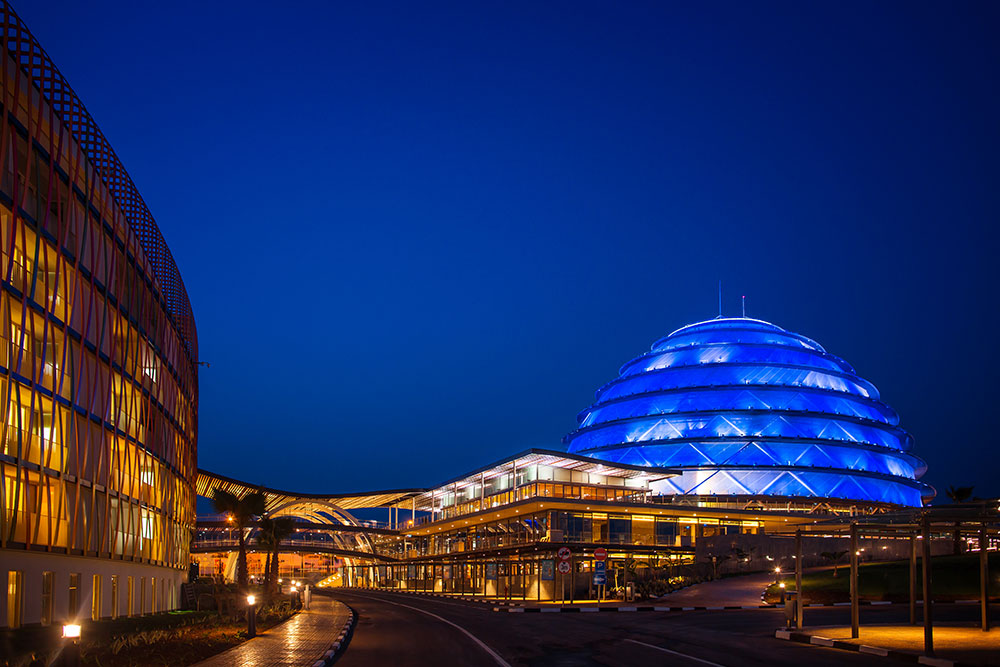
Parliament of Rwanda to host the 145th IPU assembly
Rwanda
will host the 145th Inter-parliamentary Union (IPU) Assembly from
October 11 to 15. The meeting is expecting more than 1,200 delegates, including
60 Speakers and Deputy Speakers of 178 national Parliaments that make up the
current IPU membership.
Gender
parity in parliaments will be among the key discussions as the global
proportion of women parliamentarians is low, 26.1 percent by January 2022,
despite its increase annually.
The assembly
seeks to overcome patriarchy in parliament and increase women MPs in order to
deliver on women’s rights and participate in decision making.
Globally,
women are vulnerable to gender based violence, slavery, harassment,
intimidation and discrimination. In some countries largely in the Middle East
and North Africa – where there is the lowest representation of women Parliament
worldwide – women have no rights to vote, own property, be educated, as well as
earn a fair and equal pay as men.
There
is a connection between strong democracies and gender equality in parliaments. It
is within this context that the Assembly will be held under the theme “Gender
equality and gender-sensitive parliaments as drivers of change for a more
resilient and peaceful world.”
Gender
inequality in parliament, is an issue Rwanda tackled since the establishment of
a new government after the 1994 Genocide against the Tutsi.
Gender
equality was at the heart of the country’s leadership to build an inclusive
nation with women and girls participating equally in all aspects of the
country’s life. To achieve that, the Rwandan Constitution stipulates that women
should occupy at least 30 per cent decision making positions.
In
2008, the
Rwandan Chamber of Deputies was the first elected national parliament with more
women than men, in the world.
Promoting
gender equality in Rwanda unlocked women’s potential in society, provided them
the opportunity to gain experience, and confidence to participate in both
public and political spheres. This led to their success in parliamentary elections.
The 2021
IPU’s report indicates that Rwanda tops the world with the highest number of
women in Parliament, 61.3 per cent
women MPs, above the current global average of 26.4 per cent.
Followed
by Cuba and Nicaragua, with 53.4 and 50.6 per cent respectively. The
organization also reveals that Rwanda has a relatively young parliament, with
half of its deputies under the age of 45.
Rwanda
has been at the top of the IPU’s monthly ranking of women in national
parliaments for years. The country falls well in IPU’s agenda of promoting
parliamentary democracy, empowering gender equality and youth participation in
parliament and protecting human rights among others.
Alongside
gender equality, the five-day assembly and related meetings will discuss on the
contribution of parliaments to address the global issues which includes human
trafficking, wars and terrorism, human rights abuses, climate change, global
food insecurity, as well as the international migration problem.
IPU
convenes parliamentary delegates and partners in a world assembly twice a
year. The 144th Assembly was hosted
by Indonesia in March 2022 while the 146th will be hosted by Bahrain
in March 2023.


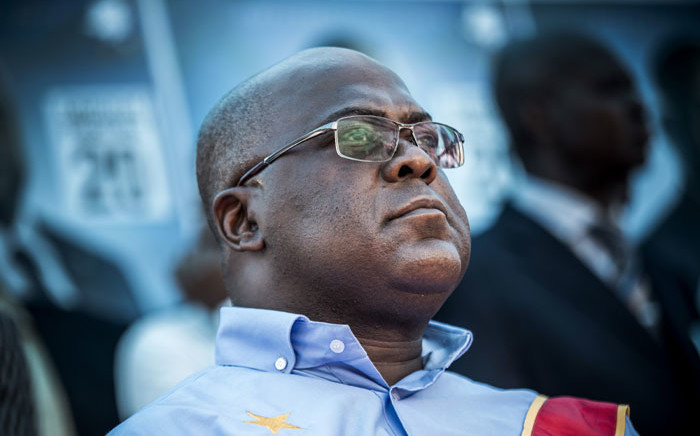
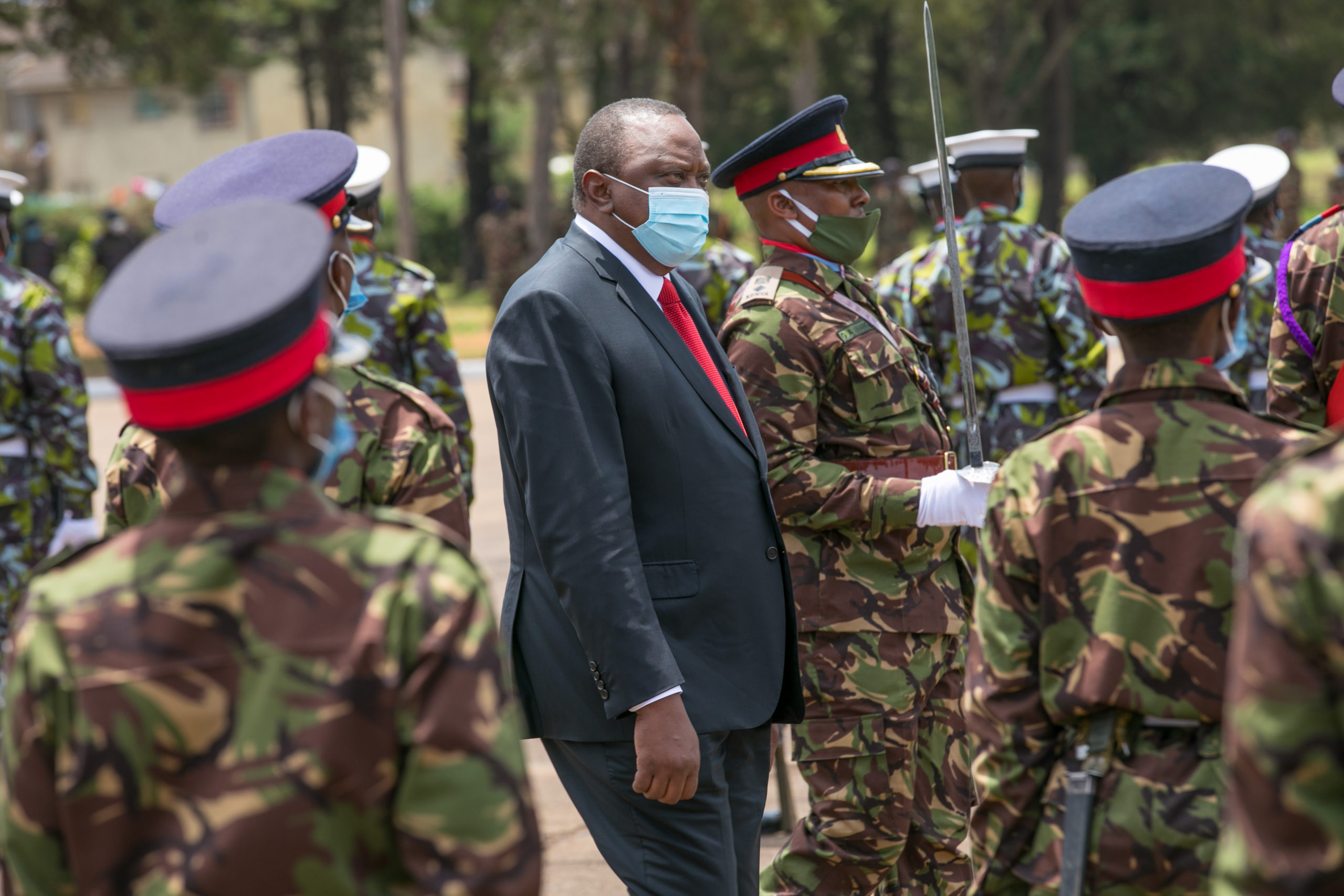
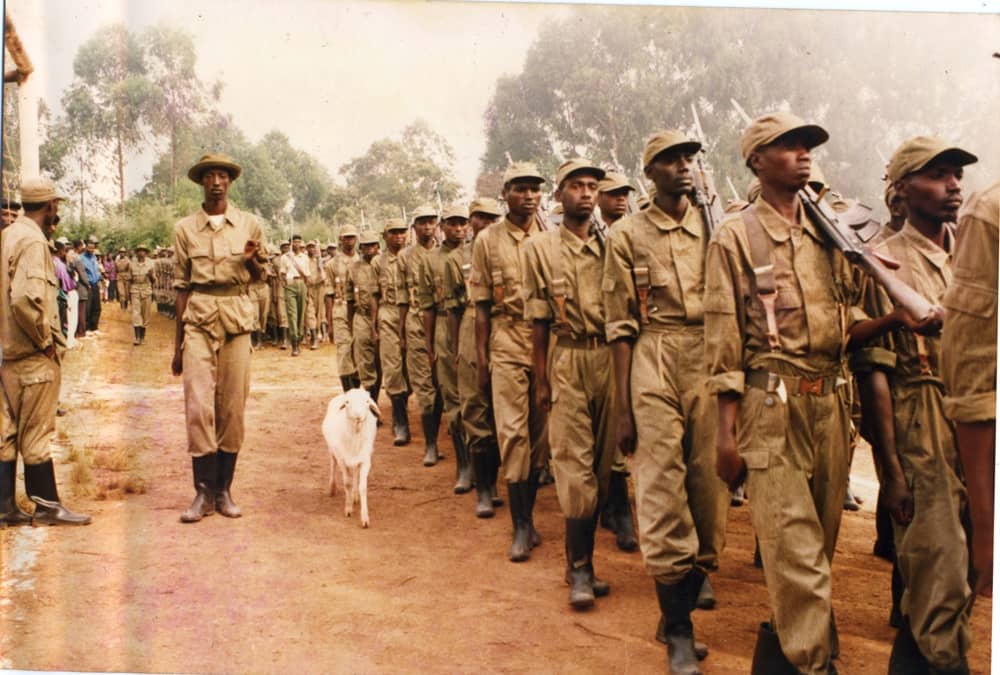
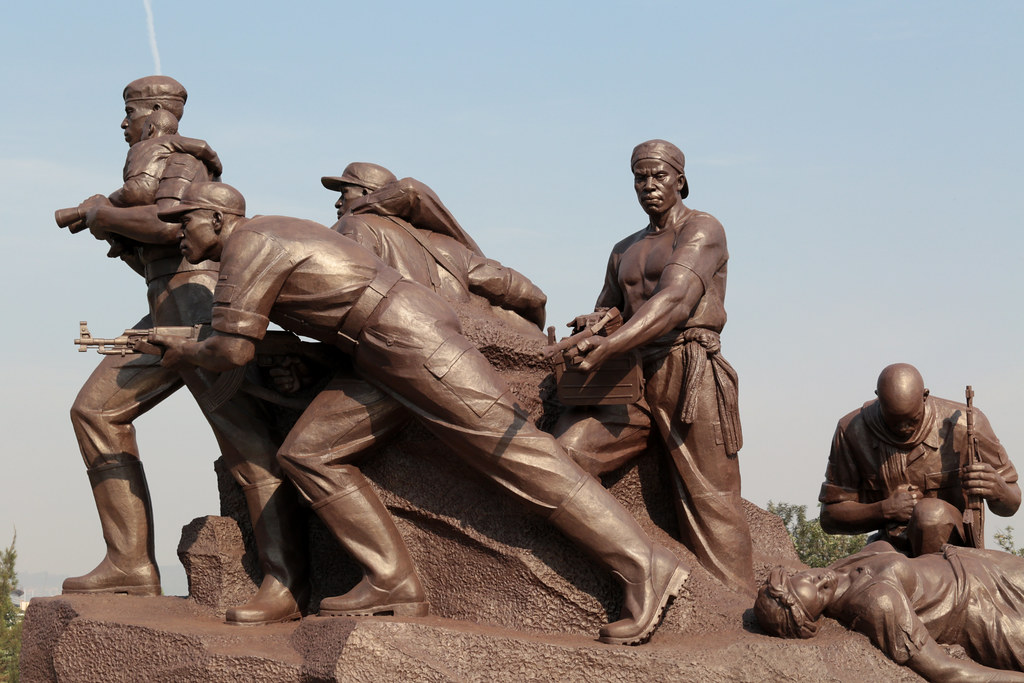
.jpg-20220930120313000000.jpg)